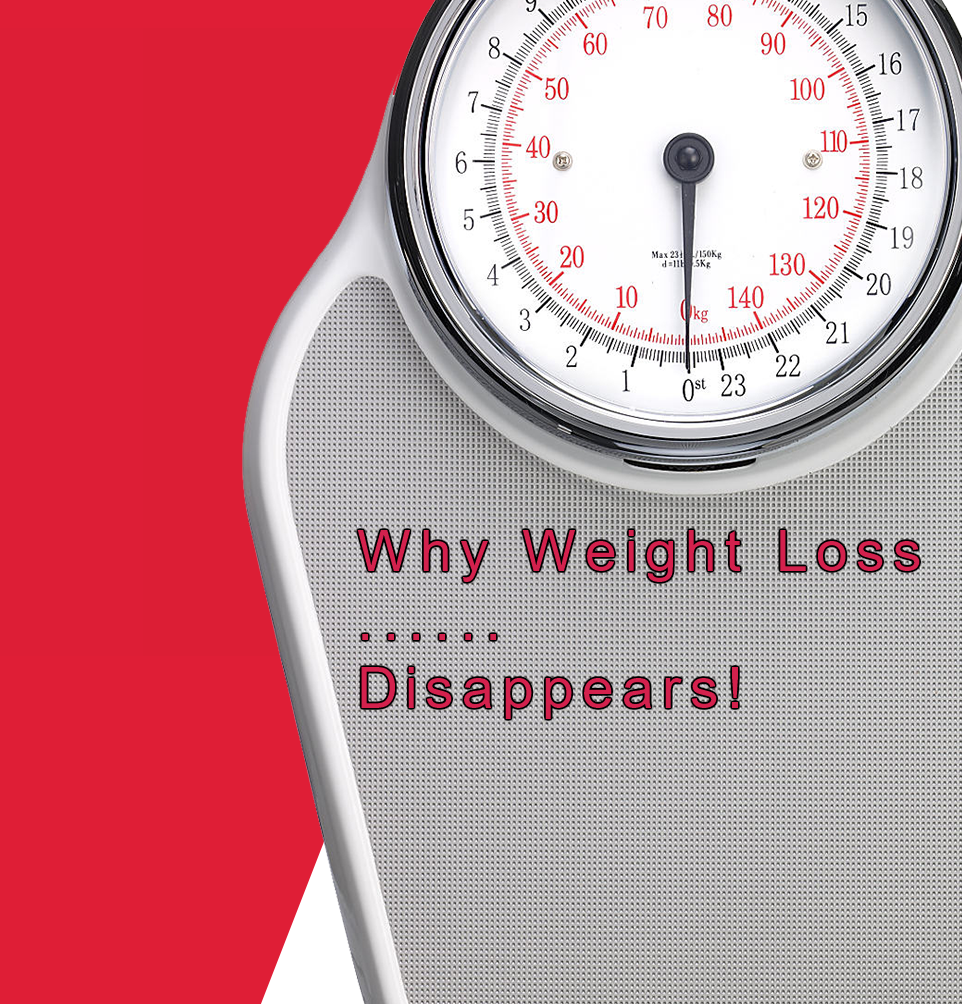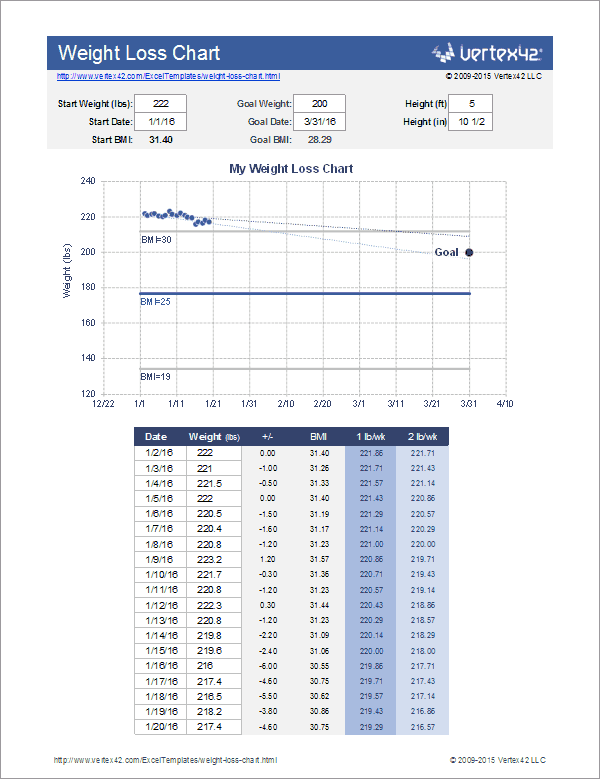

The three equations used by the calculator are listed below: Of these equations, the Mifflin-St Jeor Equation is considered the most accurate equation for calculating BMR with the exception that the Katch-McArdle Formula can be more accurate for people who are leaner and know their body fat percentage. The Katch-McArdle Formula is slightly different in that it calculates resting daily energy expenditure (RDEE), which takes lean body mass into account, something that neither the Mifflin-St Jeor nor the Harris-Benedict Equation do. The Mifflin-St Jeor Equation also calculates BMR, and has been shown to be more accurate than the revised Harris-Benedict Equation.

It was revised in 1984 to be more accurate and was used up until 1990, when the Mifflin-St Jeor Equation was introduced. The Harris-Benedict Equation was one of the earliest equations used to calculate basal metabolic rate (BMR), which is the amount of energy expended per day at rest. This Calorie Calculator is based on several equations, and the results of the calculator are based on an estimated average. Related: BMI Calculator | Body Fat Calculator | Ideal Weight Calculator The following converter can be used to convert between Calories and other common food energy units. Very intense exercise: 2+ hours of elevated heart rate activity.Intense exercise: 45-120 minutes of elevated heart rate activity.

Exercise: 15-30 minutes of elevated heart rate activity.Always consult your doctor before commencing a weight loss program. Additionally, this calorie calculator is not applicable to children or pregnant women. Much of the research for this calorie calculator was based on the resources at Wikipedia on BMI, BMR and the Harris Benedict equationĭisclaimer: Please understand that these calculations are based on scientific formulas that generalize between people, and as such may not be relevant in all cases. Many consider it unhealthy to adopt a calorie consumption of less than 1200 Calories a day and as such, if you can not lose weight at a recommended speed without dropping your calories below this level you may consider increasing your activity as an alternative. The weight loss calculator will then compute your daily Calorie consumption required to achieve approximately 1lb to 2lbs of fat loss a week. This would imply creating a calorie deficit of 3500 Calories to 7000 Calories a week, or 500 to 1000 Calories a day. Many sources recommend you should aim for 1lb to 2lbs of fat loss a week for sustainable weight loss. It is widely believed that consuming 3500 Calories less than you burn over a period of time will result in approximately 1lb of fat loss.

In order to lose weight, you should attempt to consume less calories than you burn. If you burn the same number of calories as you consume, you can assume your weight will remain relatively constant. Many theories of weight loss are based on the notion of creating calorie deficit into your diet and exercise routine. It is here that we see some directly useful information for the weight loss process. There is no need to understand these terms, but rather can be viewed as how many Calories you burn a day with no real activity or digestion occurring.Īn estimate of the actual number of calories you burn a day is then computed by adjusting your BMR by a factor related to your general level of activity and exercise. Your BMR can be defined as your Calorie expenditure while at rest in a neutrally temperate environment, in the post-absorptive state. You can then see an estimate of your Basal Metabolic Rate (BMR). Your BMI is commonly used to determine if youĪre overweight for your height and this will let you see which weight category you currently fit into. The first output will be your BMI (Body Mass Index). You can calculate a number pieces of information that are useful in a weight loss process. The calorie calculator is a useful tool to help determine if you are overweight, how many calories you are burning a day and some suggestions to the amount of calories you should consume.Īfter you input information about yourself such as your age, gender, height, activity level and your current weight Weight Loss Calculator Help - Information


 0 kommentar(er)
0 kommentar(er)
